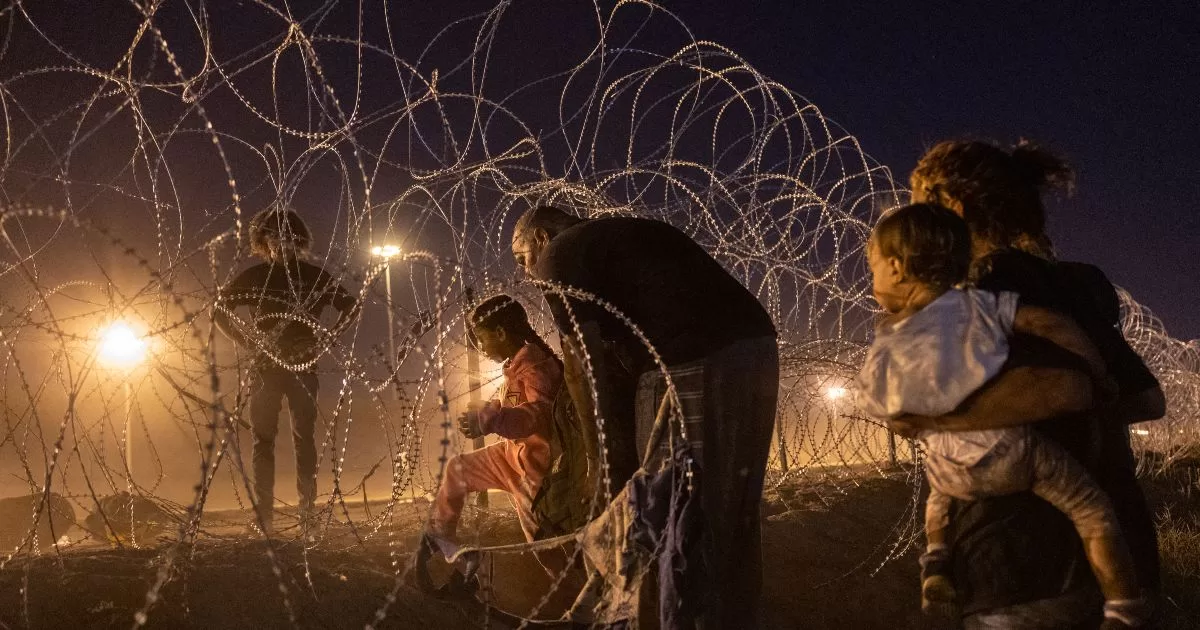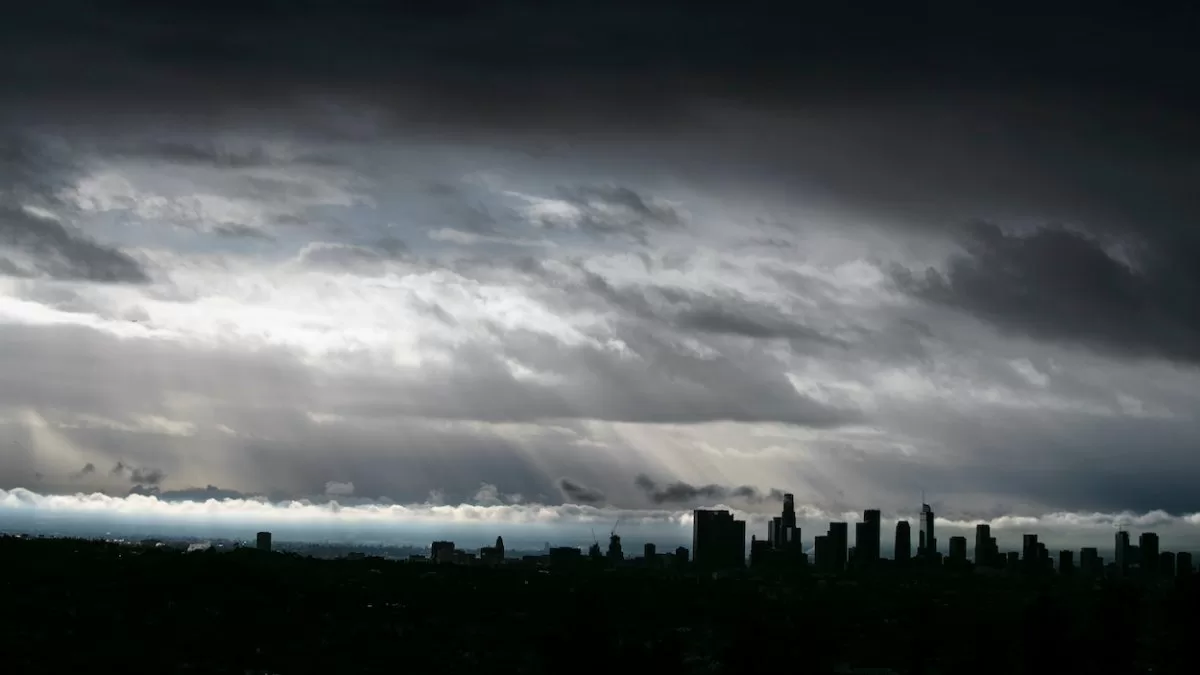MIAMI.- December is a month of sharing with the family, having dinners Christmas and give each other New Year’s hugs, but for millions of migrants who were forced to leave their countries and separate themselves from the family nucleus and ways of life, can exacerbate the migrant’s grief, marked by anguish, sadness and depression that affect their emotional life.
Knowing how to alleviate the grief left by “losses” and heal psychological wounds in these times of festive traditions is essential, and therapists give recommendations so that migrants can preserve their mental health during Christmas and the New Year.
The migrant’s grief is the adaptation process that people, after leaving their homeland, begin in the host country, explain specialists, but it is critical in people in an illegal situation who face economic difficulties, the marks of the Darién, rejection , xenophobia and even threats of deportation to the country from which they fled for reasons of survival, on these dates.
It is estimated that in the United States the migrant population, both legally and illegally, was 47 million as of April 2022, according to the Center for Immigration Studies. Among this is Venezuela, the largest in Latin America and in the US it is estimated at more than 545 thousand immigrants and refugees, according to results from the American Community Survey (ACS) in February 2023.
Migrant duel
For psychiatrist Rebeca Jiménez, a specialist in human relations and emotions, the issue of migrants implies an “extreme experience”, due to the turn that leaving their country and leaving their affections, and also their life history, gives to their lives. which always has a greater impact at distance. The pressure of starting a new life is one of the biggest challenges, she says.
“The challenge of the migrant is to transmute that history and turn it into the present, into a new life story. And it is not easy because all human beings need past history to project ourselves into the future and for that we have to heal our wounds, after forgiving the past, and imagine how we can build something different. For migrants, doing so in unknown places is a greater challenge because not only survival is involved, but also the healing of the psychological wound that led them to leave their country,” says the psychiatrist, author of books on the distortion of love. and of power.
Jiménez includes in the challenge of “deep emotions” those who stayed in Venezuela, parents, grandparents and children who miss the loved ones who left, and refers that both exile and insile (a way of leaving without leaving the place physical or being left without being there) take on an important dimension in the country from which more than 7 million Venezuelans emigrated in six years.
Most frequent pathologies at Christmas
The most frequent pathologies of migrants in the month of December, according to the specialist, are:
- Depression, due to the sadness caused by separation from the family;
- Anxiety and anguish, due to the very high levels of uncertainty experienced;
- The fear of rejection and xenophobia in many of the host countries, which is the worst scenario.
Jiménez adds one more fear. “According to the latest news, repatriation is mentioned and that implies a new readjustment to a reality that they considered they could not handle and decided to emigrate. Fear is also reflected in the kind of limbo they will face. For them, the reunion with the past and a future of total uncertainty is very hard.”
Broken links
The specialist specifies that the migrants who are in the worst conditions are those who are illegally in other countries, because they are persecuted, they are in a situation of instability.
Jiménez, based on the experiences of her patients who migrated in recent years, indicates that one of the most complicated psychological wounds is the one caused by ruptures within the same family that migrated as a whole. “The outlook is more difficult because the links are broken and restoring them is a process that will take time.”
What to do for mental health
Faced with the grieving process of migrants, for whatever reasons, people must undertake internal work, rich in reflections and acceptance, first of all, and if possible with psychological guidance that works in some countries, free of charge. .
“A lot of therapeutic work is necessary and starting a path of reconstruction. The first thing for migrants is to find themselves, take charge of reconciling with their families and then with the country. The time for reflection has arrived this Christmas and how they feel after the experience of migrating, taken in a less impulsive and more thoughtful way, will be the difference with what awaits them.”
(email protected)
Source: Interview with psychiatrist Rebeca Jiménez, Center for Immigration Studies, Editorial Diario Las Américas





